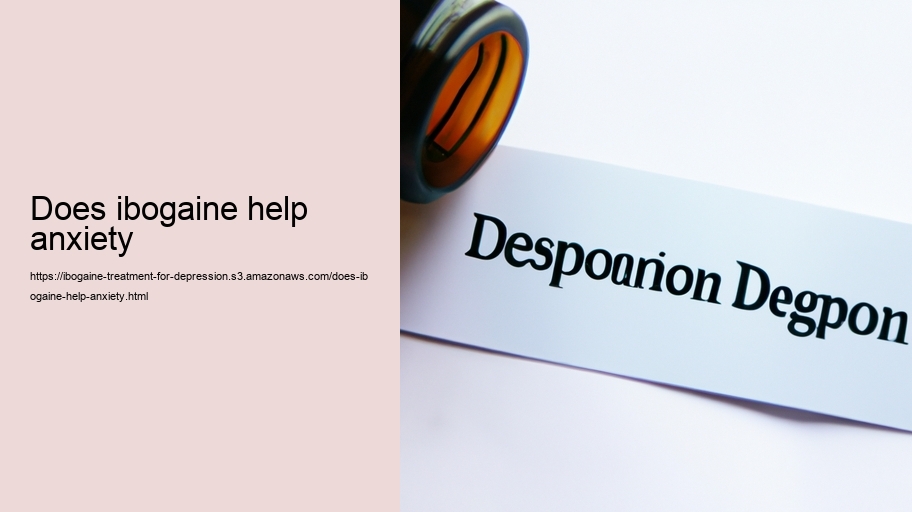Ibogaine and Anxiety: Exploring the Potential Therapeutic Effects
The human mind is a complex tapestry woven with various threads of emotions, among which anxiety often stands out as a particularly vivid strain. In the quest for mental tranquility, people have long sought remedies to assuage this distressing condition. One such potential remedy that has piqued the interest of both the scientific community and those living with anxiety is ibogaine—a naturally occurring psychoactive substance derived from the root bark of an African shrub known as Tabernanthe iboga.
To understand whether ibogaine can help with anxiety, it is first essential to delve into what this substance entails. Ibogaine has been used for centuries by indigenous peoples in West Africa for spiritual ceremonies and initiations. However, it's only in recent decades that its potential therapeutic applications have come under investigation, especially concerning addiction treatment.
Anxiety disorders comprise a range of conditions characterized by excessive nervousness, fear, apprehension, and worry. These emotional responses are not merely fleeting feelings but persistent afflictions that can severely impact a person's quality of life. Traditional treatments for anxiety include psychotherapy, medications like benzodiazepines or selective serotonin reuptake inhibitors (SSRIs), and lifestyle changes.
The hypothesis behind ibogaine's efficacy against anxiety stems from its purported ability to reset certain neural pathways in the brain. Preliminary studies suggest that ibogain’s active metabolite noribogaine influences neurotransmitter systems associated with mood regulation—namely serotonin and dopamine—which might explain its alleged capacity to alleviate symptoms of depression and addiction.
When discussing how ibogaine could potentially aid those suffering from anxiety, anecdotal reports offer some insight. Individuals who have undergone ibogaine therapy often describe experiencing profound psychological introspection during their sessions—a process through which they confront personal traumas or stressors that may be at the root of their anxious states.
Critically though, while these experiences sound promising, robust clinical evidence supporting ibogaine’s benefits for treating anxiety specifically remains scarce. The majority of research on ibogaine focuses on its anti-addictive properties rather than its anxiolytic effects. Moreover, due to its classification as a Schedule I controlled substance in many countries—including the United States—legal hurdles pose significant challenges to conducting extensive research on its wider therapeutic use.
Another consideration is safety since ibogaine administration carries risks such as cardiac complications or interactions with other medications; hence it must be administered under strict medical supervision if at all. This risk profile further complicates any straightforward recommendation regarding its use for managing anxiety.
In conclusion, while there exists tantalizing anecdotal evidence suggesting that ibogaine might help alleviate symptoms of anxiety through deep psychological exploration and potential neurochemical rebalancing, scientifically sound conclusions cannot yet be drawn without rigorous clinical testing tailored specifically towards evaluating these claims. Until more data emerges from well-designed studies examining dosages, efficacy over time, comparison with existing treatments for anxiety disorders—plus stringent assessment of risks versus benefits—the role of iboagiane in treating anxiety remains an intriguing possibility rather than established fact.
For anyone considering alternative therapies like ibogaine for their own struggles with anxious thoughts and feelings should proceed cautiously—and only ever under professional guidance—to navigate both legal implications and health considerations carefully before embracing such an experimental approach to their wellbeing.
